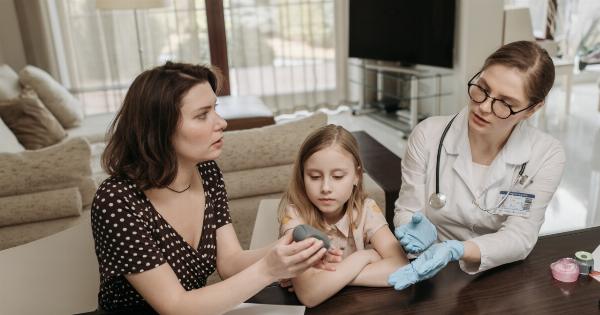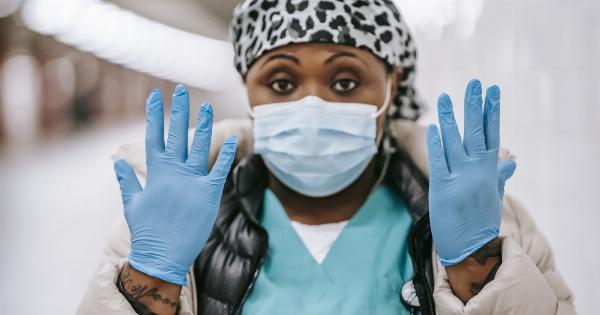Undergoing surgery can be a challenging experience both mentally and physically. According to the American College of Surgeons, approximately 48 million surgeries are performed each year in the United States alone.
While surgical procedures are often undertaken to improve the health and wellness of individuals, the recovery process can be difficult and lonely for those who undergo it. In this article, we will explore the potential impacts of loneliness on surgical recovery and possible solutions to this problem.
What is Loneliness?
Loneliness is the feeling of being isolated or disconnected from others, either physically or emotionally. It can be experienced by anyone, regardless of age, gender, or background. In fact, loneliness is a prevalent issue in modern society.
The COVID-19 pandemic and subsequent lockdowns have only exacerbated the problem, leaving many individuals feeling more isolated than ever before.
How Loneliness Can Affect Surgical Recovery
Surgery can be a physically taxing experience, and the recovery process can be challenging both mentally and emotionally. It is not uncommon for patients to feel anxious or sad as they recover from surgery.
However, the added feeling of loneliness can exacerbate these negative emotions and undermine the patient’s recovery process. Studies have shown that loneliness can lead to increased stress levels, slower healing times, and a higher risk of depression.
Possible Solutions to Loneliness During Surgical Recovery
Fortunately, there are several strategies that patients can use to combat loneliness during their recovery process. One option is to enlist the help of friends or family members who can provide emotional support during this challenging time.
Patients may also benefit from talking to a mental health professional who can provide additional support and guidance.
Virtual support groups are also an effective solution. Many hospitals and healthcare organizations offer online support groups for patients recovering from surgery.
These groups can provide a safe space for patients to connect with others who are going through a similar experience, reducing feelings of isolation and loneliness.
Finally, patients can turn towards their hobbies and interests to keep themselves occupied during recovery. Engaging in activities that they enjoy can provide a sense of purpose and fulfillment, helping to combat feelings of loneliness and depression.
In Conclusion
Surgical recovery can be a challenging and lonely experience. However, by understanding the potential impacts of loneliness on recovery and utilizing potential solutions, patients can make the process more manageable.
Whether it’s enlisting the help of friends and family or joining a virtual support group, there are many ways to combat loneliness during recovery, ultimately leading to a faster and more effective healing process.






























